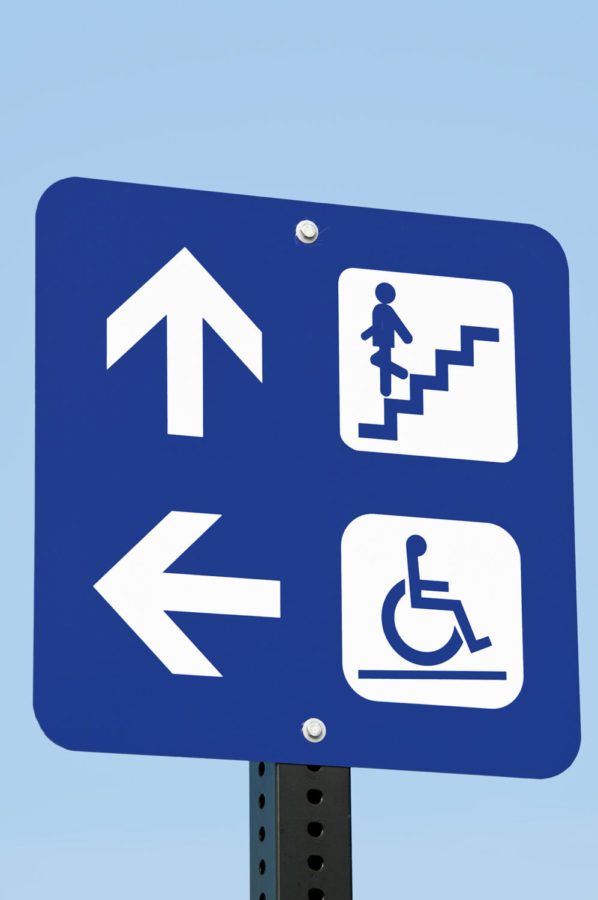Editorial: More effort, information needed on Campustown handicap accessibility
Handicap
November 3, 2015
Just like attending games at Hilton Coliseum or walking around the Zodiac in the Memorial Union, spending time in Campustown seems to be essential to the ISU student experience. Whether it is finishing a project at Copyworks, grabbing some Jimmy John’s after class or going out to the bars during the weekends, plenty of opportunities are available for students to hang out in the area.
But what would it feel like if you, as an ISU student, could not enter many of the businesses just because you had a disability? This is the challenge some ISU students with disabilities face every time they want to travel down Welch Avenue or go into many of the businesses in Campustown. In addition to this lack of accessibility, no information about handicap accessible businesses or others areas in Campustown is available online.
Many of the businesses in Campustown have limited handicap accessibility. Many of the doors are too far off the ground, don’t have mechanized door buttons, are not wide enough for many wheelchairs or have stairs leading into the building. According to the American Disabilities Act of 1990, businesses are required to accommodate the needs of people with disabilities within the constraints of businesses’ finances.
Because the information is not public there is no way of knowing just how many students with physical disabilities attend Iowa State — however, making accommodations for those students who do need them is obviously necessary.
Should these students’ access to this popular spot be limited and, as a result, their student experience at Iowa State be diminished because of their disabilities?
In addition to making better accommodations for students with disabilities in Campustown, shouldn’t buildings with particularly good or bad accessibility provide that information online? The Campustown Action Association, a collection of businesses in the Campustown area, does not have any information on its website about handicap accessibility.
While it is obvious why a collection of businesses would not want to publish a fault — like areas where people with physical disabilities may not be able to get into their business because of accommodation flaws — why wouldn’t the association want to publicize areas that are the most accessible? At the very least, the city of Ames should have the information online. But it currently does not.
Adding this information to the city’s website or the action association’s website seems like an easy fix to dramatically improve the lives of ISU students with disabilities. Brand new students arrive each year who have to go through this learning process of where they can and cannot go, and posting this information would be continuously beneficial.
We must ask ourselves if the way we treat students with physical disabilities is fair, especially when it comes to accessibility in and information about Campustown.

















